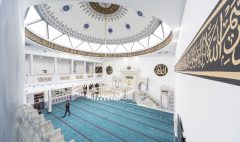UNESCO recognizes Ramadan ‘iftar’ as intangible cultural heritage of humanity
February 28, 2024 2024-03-06 12:32UNESCO recognizes Ramadan ‘iftar’ as intangible cultural heritage of humanity
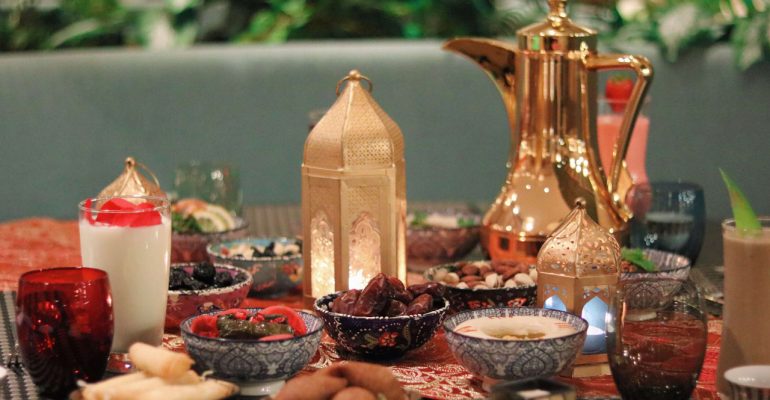
UNESCO recognizes Ramadan ‘iftar’ as intangible cultural heritage of humanity
The UNESCO officially acknowledged Ramadan ‘iftar’ as an integral component of intangible cultural heritage.
Iftar, the evening meal signifying the conclusion of daily fasting during the holy month of Ramadan, has been included in UNESCO’s catalog of cultural treasures.
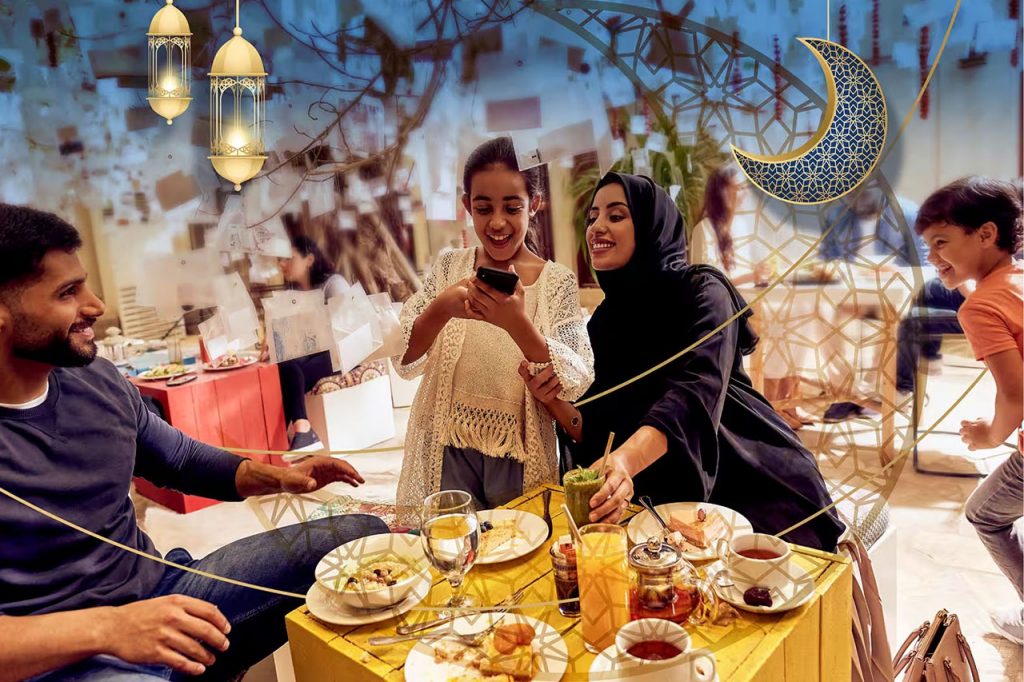
The application to recognize this sociocultural tradition was jointly submitted by Iran, Turkey, Azerbaijan, and Uzbekistan to UNESCO.
“Iftar (also known as Eftari or Iftor) is a significant observance for Muslims at sunset during the month of Ramadan, following the fulfillment of all religious and ceremonial practices,” stated UNESCO.
The meal, which follows the sunset call to Maghreb prayer during Ramadan, is associated with gatherings “strengthening family and community ties and promoting charity, solidarity and social exchange,” it said.
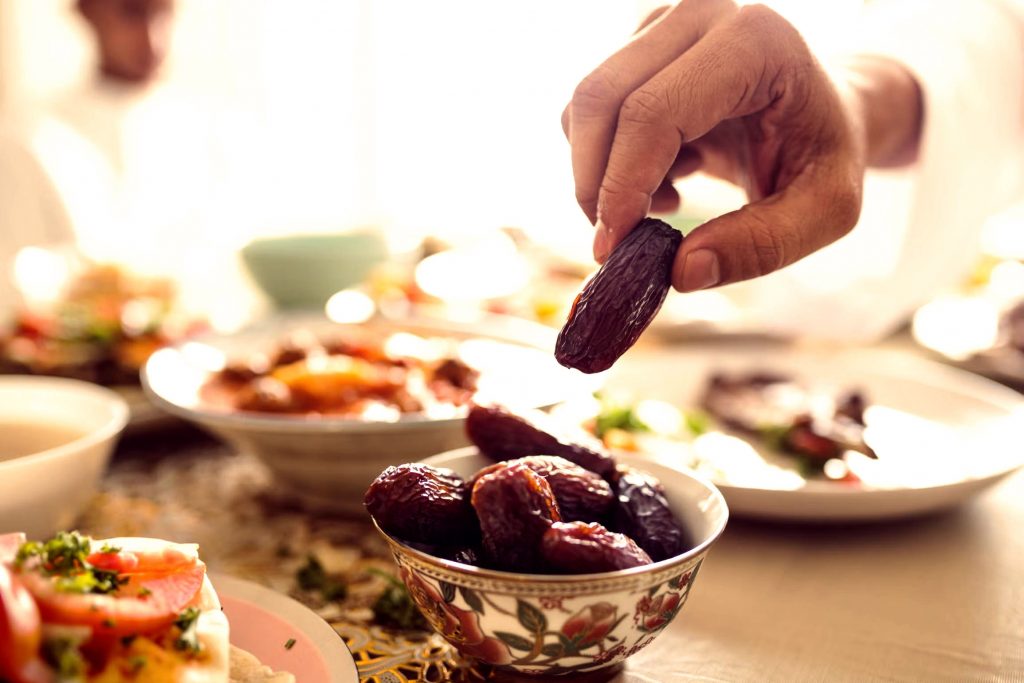
This age-old communal tradition gained recognition from the Intergovernmental Committee for the Safeguarding of Intangible Cultural Heritage, currently convened in Botswana.
The UN body said that “the iftar practice is typically transmitted within families and children and youth are often entrusted with preparing components of traditional meals.”
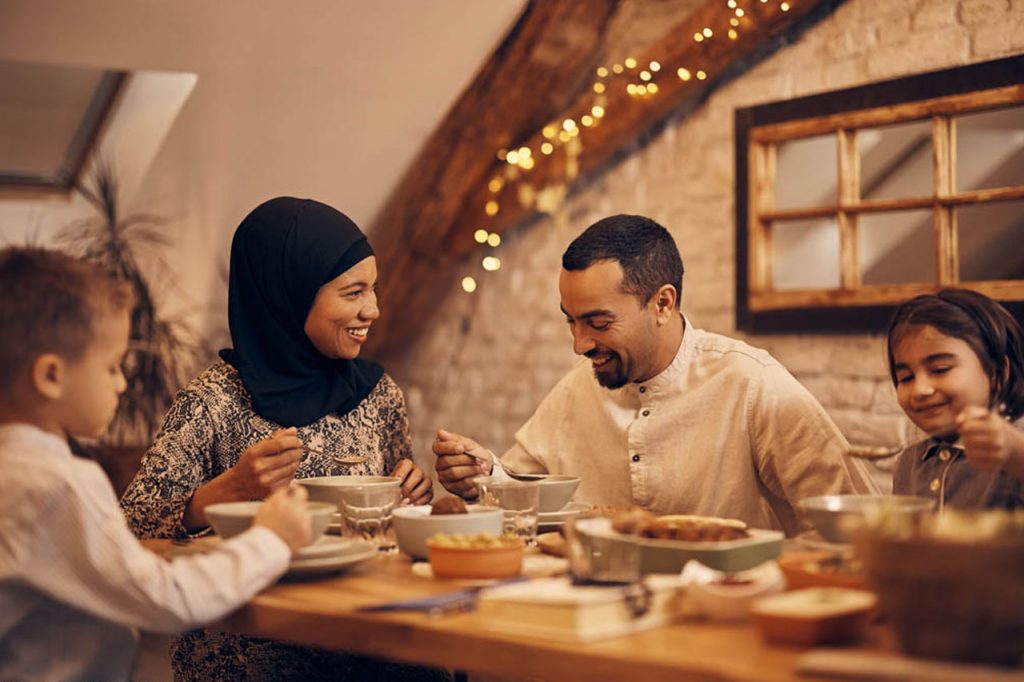
Ramadan is the 9th month of the Hijri Islamic calendar. It commemorates the first revelation of the Qur’an to Prophet Muhammad.
As the holiest month in the Islamic calendar, Ramadan is a month of giving as well as fasting.
Source: The Daily Star


